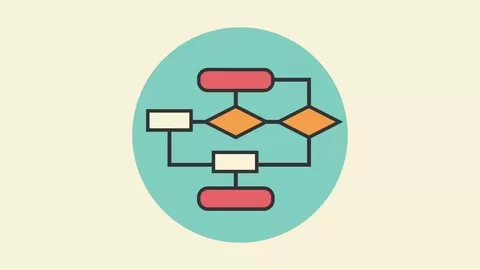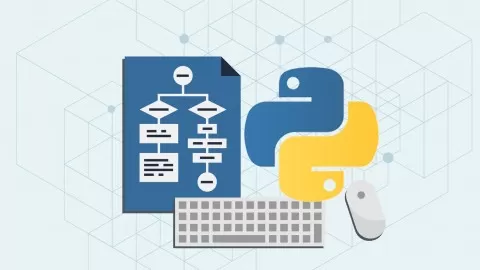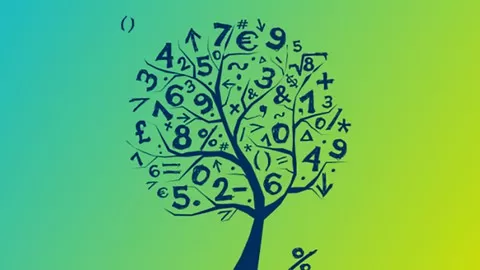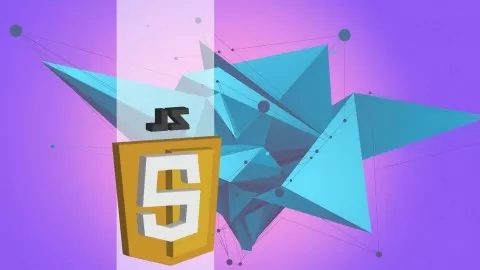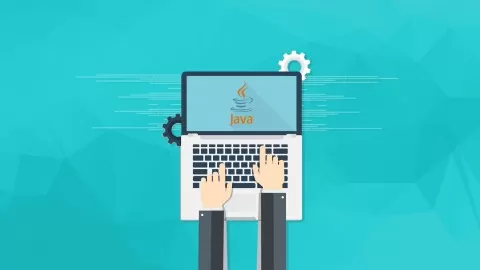This course is about data structures and algorithms. We are going to implement the problems in Java, but I try to do it as generic as possible: so the core of the algorithms can be used in C++ or Python. The course takes approximately 12 hours to complete. I highly recommend typing out these data structures several times on your own in order to get a good grasp of it.
Section 1 – Tries
•what are prefix trees (tries)
•basics operations: insertion, sorting and autocomplete
•longest common prefix problem
•prefix trees applications in networking (IP routing)
Section 2 – Ternary Search Trees
•what is the problem with tries?
•what are ternary search trees
•basic operations: insertion and retrieval
•applications of tries (IP routing and Boggle Game)
Section 3 – Substring Search Algorithms
•substring search algorithms
•brute-force substring search
•Z substring search algorithm
•Rabin-Karp algorithm and hashing
•Knuth-Morris-Pratt (KMP) substring search algorithm
Section 4 – Strings
•strings in Java programming
•what is the String Constant Pool?
•prefixes and suffixes
•longest common prefix problem
•longest repeated substring problem
•suffix tries and suffix arrays
Section 5 – Sorting Algorithms
•basic sorting algorithms
•bubble sort and selection sort
•insertion sort and shell sort
•quicksort and merge sort
•comparison based and non-comparison based approaches
•string sorting algorithms
•bucket sort and radix sort
Section 6 – Data Compression Algorithms
•what is data compression
•run length encoding
•Huffman-encoding
•LZW compression and decompression
First, we are going to discuss prefix trees: modern search engines for example use these data structures quite often. When you make a google search there is an autocomplete feature because of the underlying trie data structure. It is also good for sorting: hashtables do not support sort operation but on the other hand, tries do support.
Substring search is another important field of computer science. You will learn about Z algorithm and we will discuss brute-force approach as well as Rabin-Karp method.
The next chapter is about sorting. How to sort an array of integers, doubles, strings or custom objects? We can do it with bubble sort, insertion sort, mergesort or quicksort. You will learn a lot about the theory as well as the concrete implementation of these important algorithms.
The last lectures are about data compression: run-length encoding, Huffman encoding and LZW compression.
Thanks for joining the course, let’s get started!
Courses » IT & Software » Other IT & Software » Data Structures » Algorithms Data Structures in Java #2 (+INTERVIEW QUESTIONS)
Disclosure: when you buy through links on our site, we may earn an affiliate commission.
Algorithms Data Structures in Java #2 (+INTERVIEW QUESTIONS)
Tries Data Structures, Ternary Search Trees, Data Compression, Substring Search and Sorting Algorithms
Created by
9.6
CourseMarks Score®
Freshness
Feedback
Content
Top Data Structures courses:
Detailed Analysis
CourseMarks Score®
CourseMarks Score® helps students to find the best classes. We aggregate 18 factors, including freshness, student feedback and content diversity.
Freshness Score
Course content can become outdated quite quickly. After analysing 71,530 courses, we found that the highest rated courses are updated every year. If a course has not been updated for more than 2 years, you should carefully evaluate the course before enrolling.
Student Feedback
New courses are hard to evaluate because there are no or just a few student ratings, but Student Feedback Score helps you find great courses even with fewer reviews.
Content Score
The top online course contains a detailed description of the course, what you will learn and also a detailed description about the instructor.
Tests, exercises, articles and other resources help students to better understand and deepen their understanding of the topic.
This course contains:
Table of contents
Description
You will learn
✓ Develop your own algorithms that best fit to the personal need
✓ Detect non-optimal code snippets
✓ Understand data compression
✓ Understand sorting algorithms
✓ Understand tries and ternary search trees
✓ Understand Strings and StringBuilders
Requirements
• Internet connection
This course is for
How much does the Algorithms Data Structures in Java #2 (+INTERVIEW QUESTIONS) course cost? Is it worth it?
Does the Algorithms Data Structures in Java #2 (+INTERVIEW QUESTIONS) course have a money back guarantee or refund policy?
Are there any SCHOLARSHIPS for this course?
Who is the instructor? Is Holczer Balazs a SCAM or a TRUSTED instructor?
Take a look at my website if you are interested in these topics!
9.6
CourseMarks Score®
Freshness
Feedback
Content

